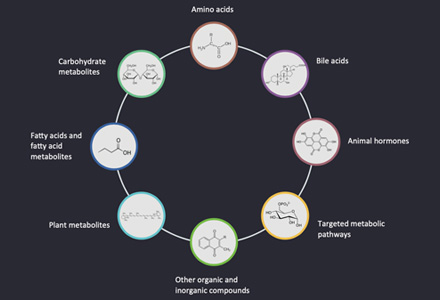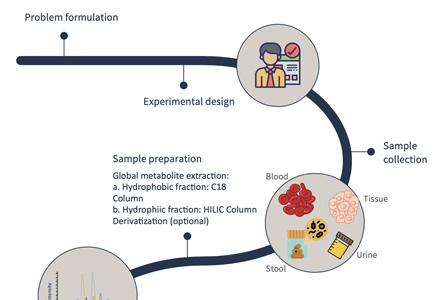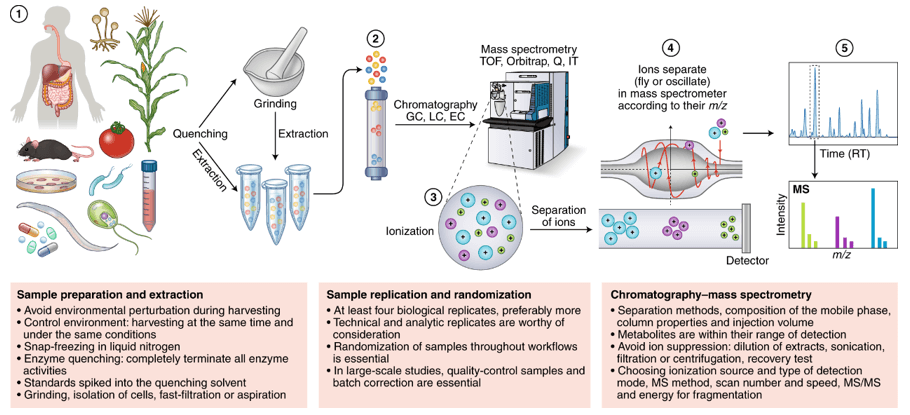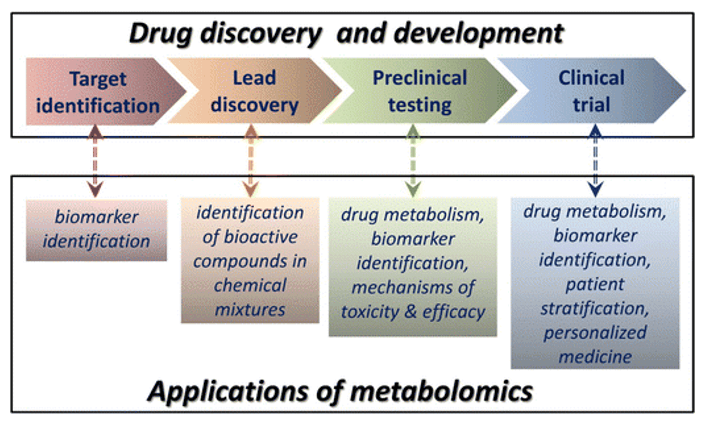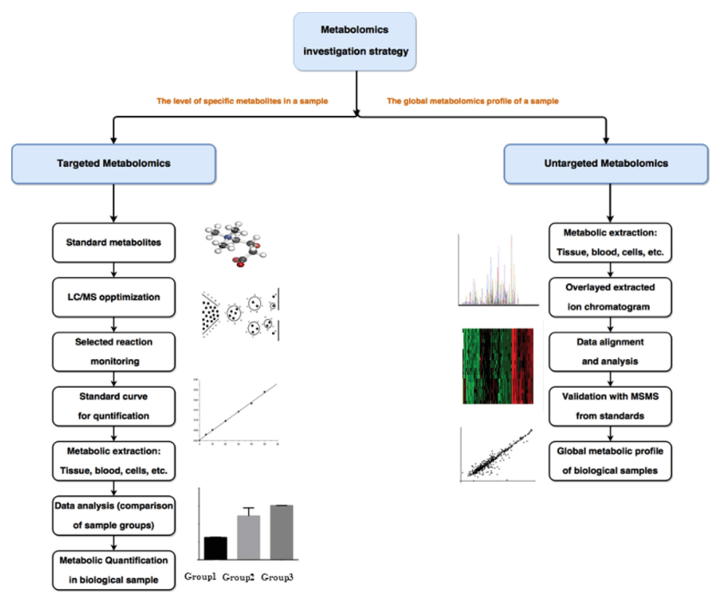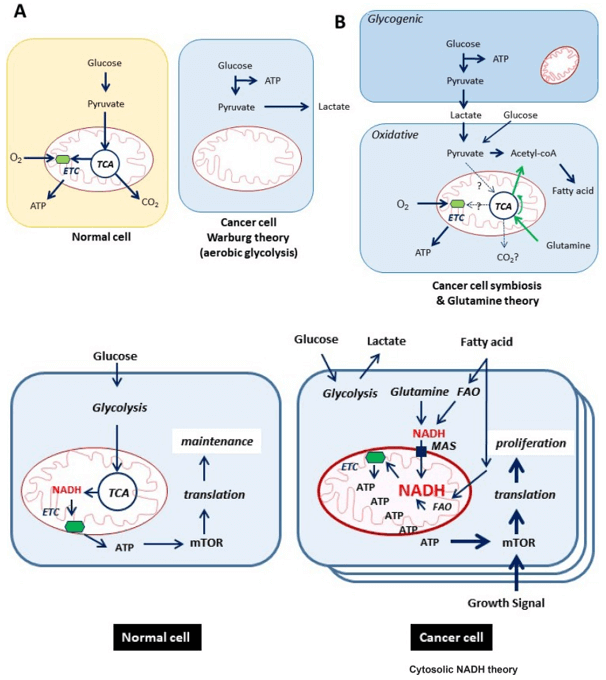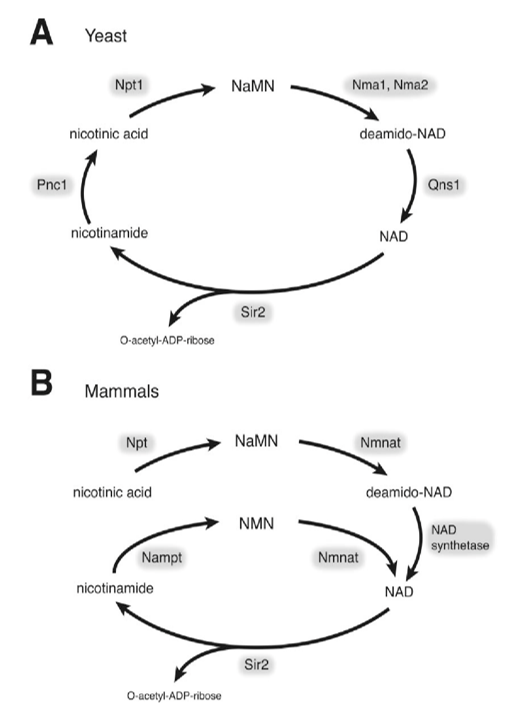Ganglio Series of Glycosphingolipid Analysis Service
Submit Your InquiryOverview
Gangliosides are a large class of complex lipids that are part of the neuronal membrane that is abundant in the brain. Gangliosides are molecules composed of glycosphingolipids and one or more sialic acids attached to a polysaccharide chain. Gangliosides are the structural components of cell membrane, with two hydrocarbon chains embedded in the plasma membrane, while oligosaccharides are located on the extracellular surface, providing recognition points for extracellular substances or surface molecules adjacent to cells. Oligosaccharide group serve as distinguishing surface marker and play an important role in intercellular recognition, adhesion and signal transduction. Gangliosides provide neuroprotective function by promoting neonatal neurodevelopment and participate in the memory and learning process, but the mechanism is not very clear. Some people believe that gangliosides can protect cells from harsh conditions such as low pH and degrading enzymes in an extracellular environment. They have been shown to facilitate cell interaction with extracellular matrix and other cells. Gangliosides are also associated with cancer and Alzheimer's disease and the ganglioside pattern is distributed during age and in certain neurodegenerative diseases. Significant changes in the ganglioside spectrum have been found in Alzheimer's disease, Parkinson's disease, Huntington's disease, HIV1, associated dementia, and lysosomal storage disease.
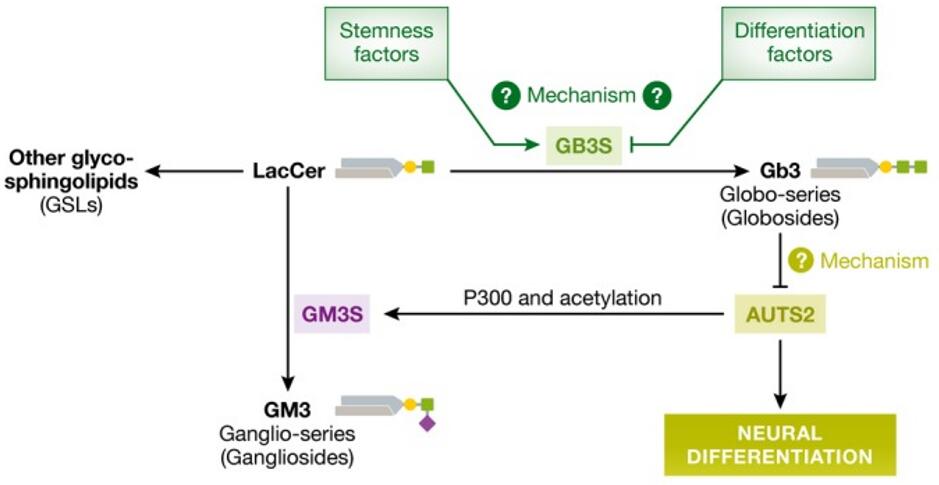 Fig 1. Interaction of glycosphingolipid metabolism, expression and signaling in neuronal differentiation.
Fig 1. Interaction of glycosphingolipid metabolism, expression and signaling in neuronal differentiation.
Advantages
- Short time-consuming
- High sensitivity and few detection restrictions
- High precision and good repeatability
- High throughput
- Customized service
Service workflow
Mass spectrometry has been widely used to analysis gangliosides. Based on a highly stable, repeatable, and sensitive separation, characterization, identification, and quantitation system, Creative Proteomics Biotechnology provides reliable, fast, and cost-effective analysis of gangliosides.
 Fig 2. A typical workflow for MS-based Glycosphingolipid analysis service in different complex biological samples.
Fig 2. A typical workflow for MS-based Glycosphingolipid analysis service in different complex biological samples.
Sample requirement
- Serum/plasma: 500 μl/sample
- Protein: 100 µg
- Anticoagulated blood (EDTA): 1 mL
- Urine: 1 ml/sample
- Animal tissues: 200 mg/sample
- Cells: ≥ 1 × 107/sample
- Feces: 500 mg/sample
Repeated freezing and thawing of samples must be avoided. The serum sample should be precipitated in the collection tube for 30 minutes at room temperature, then transported to the centrifuge tube and centrifuged at 8000 rpm for 5 minutes. After centrifugation, the supernatant was equally divided into a freezing tube of 500 uL / sample.
Anticoagulants and preservatives must be added immediately after collection and then frozen at -80°C.
Urine samples should be equally divided into centrifuge tubes with 1 mL per tube, each tube is added with 1/100 (w/v) sodium azide and stored at -80°C.
Samples should be frozen in liquid nitrogen immediately and then transported to -80°C for storage after collected.
Cytoactive should be terminated immediately to maintaining cell integrity.
In general, to assure enough sample to fulfill the whole project, the volume of the single sample need to be offered as much as possible. The remaining samples will be stored for one year free of charge and returned at any time if necessary. All samples need to be stored and transported at -80°C and try to avoid using surfactants (SDS, Triton-X) and inorganic salts.
Clinical samples are repeated in no less than 30 cases in a single group.
Animal samples are repeated in no less than 9 cases in a single group.
Report delivery
- Experimental procedure
- Parameters of HPLC and MS
- Raw data, chromatograms and mass spectra
- Metabolites quantification data
- Custom analysis report
Service cycle
- Sample testing: 5-10 working days
- Data analysis: 5-10 working days
Creative Proteomics metabolism analysis platform is committed to the all-around, reliable and accurate analysis service for a variety of target substances, which is suitable for life-science research, drug exploration, biological determination and other fields. We sincerely hope to cooperate with you to assistant your scientific research.
References
- D. Zhuo, X. Li, F. Guan. Biological Roles of Aberrantly Expressed Glycosphingolipids and Related Enzymes in Human Cancer Development and Progression. Front Physiol, 2018, 9:466.
- Y. Li, S. Teneberg, P. Thapa, et al. Sensitive detection of isoglobo and globo series tetraglycosylceramides in human thymus by ion trap mass spectrometry. Glycobiology, 2008, 18(2):158-65.


